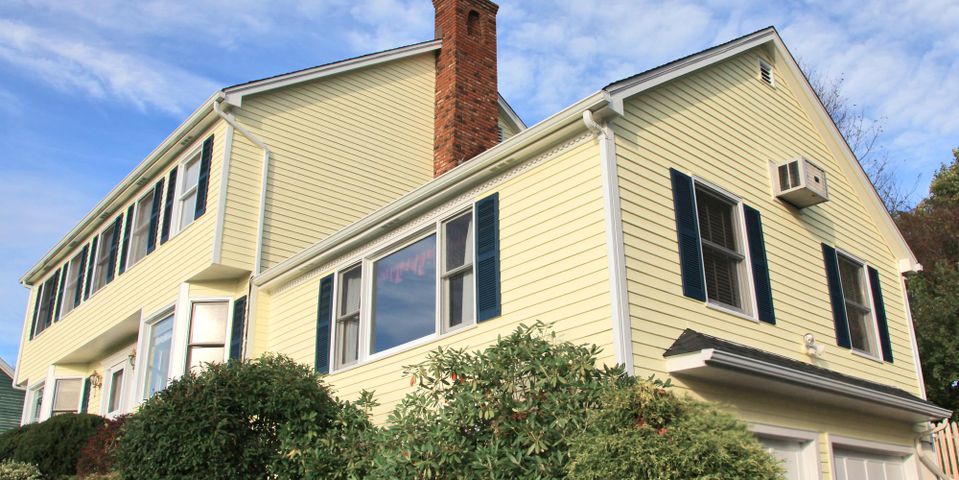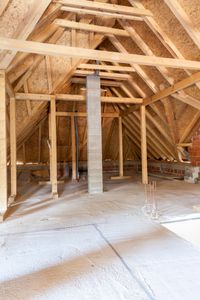
If you wanted to buy an older home or have tried renovating one, you’ve probably been warned about asbestos. Once a popular construction material, it was included in various building components, from roofing shingles to floor tiles. However, over the past century, research has revealed that the fibers can cause a variety of lung and respiratory problems. Finding and removing the material from your home is critical for your family’s health. Professional testers have a few detection methods, and many employ microscope technology for optimal safety.
How Does a Professional Test for Asbestos?
1. Phase Contrast Microscopy
Testers examine microscopic particles in the air using a method called Phase Contrast Microscopy, or PCM. This technique doesn’t specifically test for the harmful material, but it does reveal the presence of its fibers in the air.
If it detects a high concentration of fibers, there’s a chance that it may be asbestos, but it could also be fiberglass, gypsum, or mineral wood. Although this method is not exact, it’s affordable and has a quick turnaround time.
2. Transmission Electron Microscopy
 For a more specific test, experts can use Transmission Electron Microscopy, or TEM, which uses chemicals in conjunction with a powerful microscope. Unlike PCM, TEM can specifically detect asbestos due to its higher magnification power. TEM has become the standard for testing when it’s suspected that the harmful material is present in a building.
For a more specific test, experts can use Transmission Electron Microscopy, or TEM, which uses chemicals in conjunction with a powerful microscope. Unlike PCM, TEM can specifically detect asbestos due to its higher magnification power. TEM has become the standard for testing when it’s suspected that the harmful material is present in a building.
3. Polarized Light Microscopy
When determining the safety of building materials used in home construction, testers use Polarized Light Microscopy, or PLM. This method uses a special light to examine the visual properties of a material in large quantities.
Since asbestos comes from silicate minerals, it has a particular structure that the tester can recognize. This method can prevent the harmful substance in your home before it’s even built.
To learn more about testing, contact Astech. Based in Bridgeport, CT, this licensed asbestos abatement contractor has served Fairfield and New Haven counties for more than 25 years. They’re familiar with the testing process and can answer any questions you may have about it. To get started, send a message through their website or call (203) 335-0502.
About the Business
Have a question? Ask the experts!
Send your question

